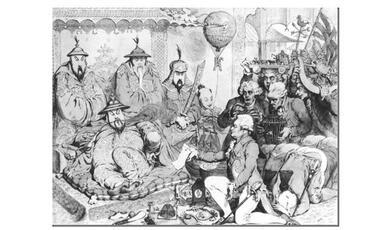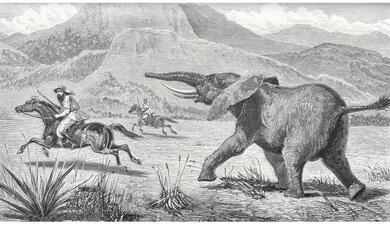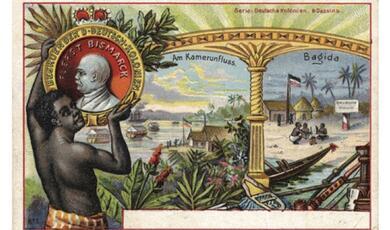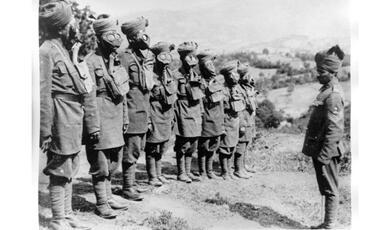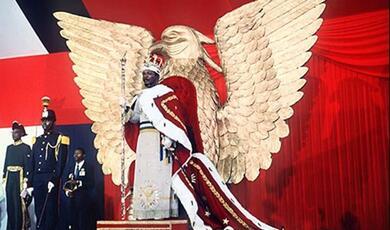Empire has been the defining world experience of the modern era. Already in the sixteenth and seventeenth centuries, European powers put their stamp on the Americas. After the decline of the old pre-industrial empires in the eighteenth and early nineteenth centuries, new empires arose, as Europe raced ahead of the rest of the world in terms of economic and military power. In 1800, Europe and its colonies and ex-colonies covered just over half the land surface of the world; by 1914 this proportion had increased to nearly 85 per cent. By the Second World War, the only major inhabited areas of the world that had never been under European rule were China, Ethiopia, Japan, Mongolia, Persia, Siam, and Tibet. Yet within little more than thirty years, these great global empires had almost all collapsed, and by the end of the twentieth century, all that was left were a few isolated and fragmentary colonial possessions.
This series of six lectures examines the rise and fall of the great European empires in a transnational and comparative framework, taking in not only the British and French experience but also that of other major and minor European colonial powers such as Germany, Holland, Italy, Portugal, Russia and Spain. The lectures conclude with a discussion of the impact of empire and imperialism in the twenty-first century.


 Login
Login

